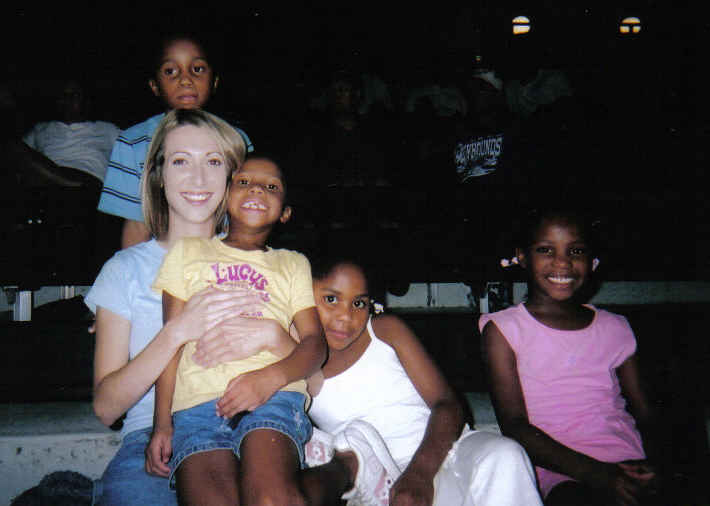Opinion: Trauma-Informed Teaching Practices are Critical to Year End Success
Any modern-day early childhood educator who has not heard about, been trained on, and spent time focusing on trauma-informed teaching practices in recent years has almost certainly been hiding under a rock somewhere. As is the case every single May, educators have probably found themselves hypothesizing that “this is the most difficult May ever.” This conjecture is hard-earned because May is difficult. Really, really difficult. Anyone who thinks May is a month where teachers “coast” into their “summer break” has never taught in an early childhood classroom.
Teachers are tired. Students are tired. To add insult to
injury, students who have a history steeped in trauma are one straw away from
the camel’s back breaking all day every day. When we take a deep breath and
look closely at the “why” behind this end-of-year perpetual state of fragility
through a trauma-informed lens, it doesn’t make it easy, but it makes sense.
Many of your students have experienced trauma in the form of
great loss. Take a moment and consider the volume of scenarios which can lead
to feelings of great loss for students. For example, a few weeks ago my son
shared a story about his classmate who cried and cried and cried for longer
than felt comfortable for his fellow students and, let’s face it, maybe his
teachers, too. It turns out his classmate had just lost a beloved pet. My bleeding-heart
son acknowledged that, although he probably wouldn’t cry like that in class, he
completely understood and felt really bad for his classmate, partially because we
also lost a dear pet in recent months.
Losing a pet is hard, but it’s not as difficult as some
other loss scenarios students may have experienced. Some students have lost family
members due to being placed in the foster care system. Some have experienced
additional loss from being moved around to multiple foster care placements. There
are others who may have experienced the death of a loved one.
Whether their loss was recent or long ago, as the school
year winds down and students prepare to leave their friends, teachers, school
staff, and bus drivers for the summer, a growing dread may be bubbling up
within them. Those who have experienced significant and/or recent loss
experience an even higher level of anxiousness over the prospect of separation
from those for whom they care deeply. Whether consciously or subconsciously,
students worry about whether they will see these people again.
A trauma-informed early childhood educator knows it is
necessary to employ key trauma-informed strategies at this time of the year.
Maintaining routines as much as possible, despite the flurry of the fun (albeit
extra) activities, is vital. Promoting positive interactions with students and
between students is key. Validating feelings which will run the gambit,
reminding students of coping mechanisms they have learned throughout the year,
and continuing to ensure your classroom is a safe space for sharing will help
you and your students have positive experiences as the book closes on this
school year.
Applying these and other trauma-informed strategies in your
end-of-year classroom can help build stronger students, better learners, and
more resilient people. Good luck as you approach the finish line. I hope this
is your best May yet!


